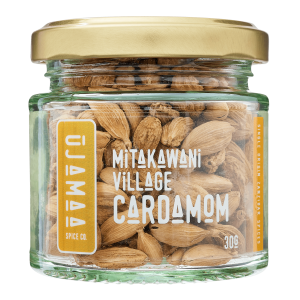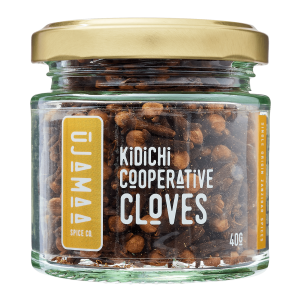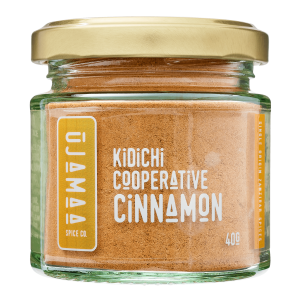Is ‘Chai Tea’ Even a Thing?
The first time I ever heard the phrase ‘chai tea’ being used, I was very confused. Since then, I’ve heard this phrase being used many many times and surprisingly it still continues to confuse me as to why it’s still being used. Sometimes, I can almost feel my ancestors annoyance and frustration every time I hear that phrase, and it takes a lot of restraint from my side to stomp up to whoever is saying it and say ‘for X’s sake, it’s just CHAI!’
Chai Vs. Chai Tea
The word ‘chai’ actually translates to ‘tea’ in Hindi, which was derived from the Chinese word ‘cha’ which also translates to tea. Here is an interesting map to see how different countries refer to the word tea due to their historical dissemination via different routes. So essentially, when people call it ‘chai tea’ it actually just means ‘tea tea.’
How chai is made, varies across continents, countries, cultures, cities, towns and even within families but essentially, it is a mixture of spices steeped in tea, however there is some consistency when it comes to the type of ingredients used to make the spiced tea blend, usually it is a mixture of black tea with spices such as cardamom, cloves, cinnamon, ginger and sometimes even black pepper. The proper way of making chai is to brew the spice mixture with hot or warm milk and then sweeten it with sugar or honey.
Swahili Chai
Zanzibar, where I am originally from is part of the Swahili coastline in East Africa where it has depended on trade with different countries for centuries. Due to its long history of influence from traders, merchants and settlers, Zanzibar is known to have one of the most diverse socio- cultural setting. In Zanzibar there exists a variety of different cultures originating from South Asia, the Arab gulf as well as Africa and Europe.
With trade, came the introduction of chai to the East African coastline and Zanzibar was no different. However, we of course found ways to make it in our own way. Spicier, hotter, dotted with ginger and cloves but also hints of sweetness from the use of cinnamon. And let’s not forget the kick you get from the cardamom. All working harmoniously, a perfect comfort brew that creates what we consider to be a hug in a mug.

Bibi’s Chai
While Ujamaa Spice has a beautiful selection of single origin spices, it was also important to me to introduce the world to proper Swahili chai. Especially after experiencing the western standards of ‘chai tea’ and yes, I am talking about that heavy syrupy beverage you get at the likes of Starbucks.
In Zanzibari households, dinner is often referred to as ‘Chai’. Though food is of course involved, and varies from day to day – the one constant on nearly every Zanzibari dinner table is the tea.
To us, chai forges a sense of community and belonging, and how it’s made is essential in understanding familial identity and heritage.
This is my grandmother (Bibi’s) recipe. Her name was Nuru but we all called her habibti which translates to ‘loved one’ in Arabic. I hope it evokes within you the same sense of lasting comfort and joy as it has to my family and I for generations.
The spices in this chai blend are sourced from our partner smallhold farmer cooperatives in Zanzibar. The black tea comes from a tea estate high up the Usambara Mountains where they have grown their tea organically for many decades.
We hope you enjoy my grandmother’s interpretation of Zanzibar in a cup.






